Top reported effects
Top reported flavors
products near you

PUFF
Grape Drink Pre-roll
Indica
PUFF
Grape Drink Pre-roll
Indica
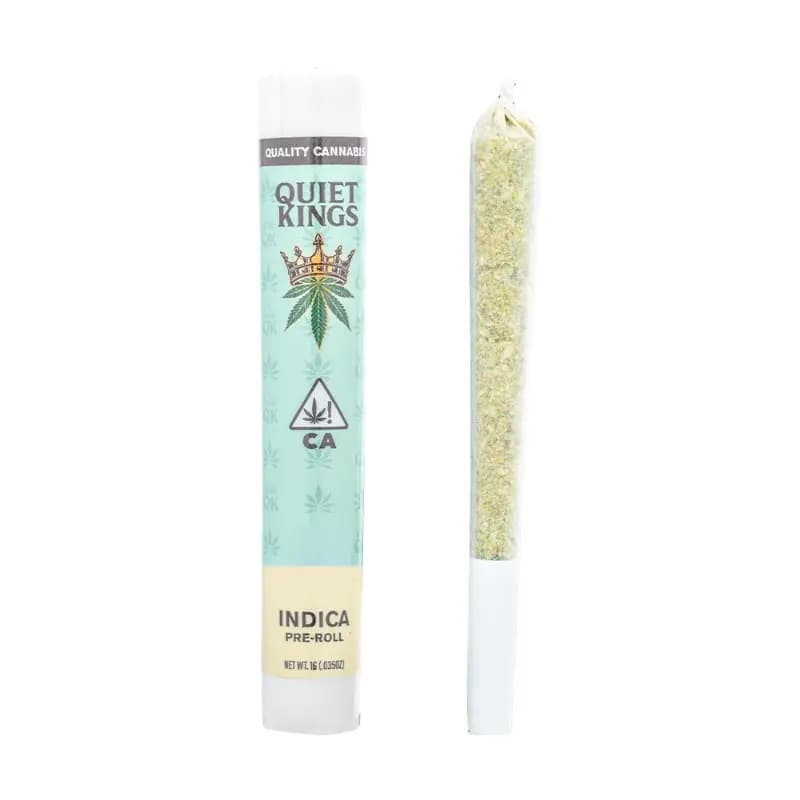
Quiet Kings
Grape Soda Preroll
Indica
Quiet Kings
Grape Soda Preroll
Indica
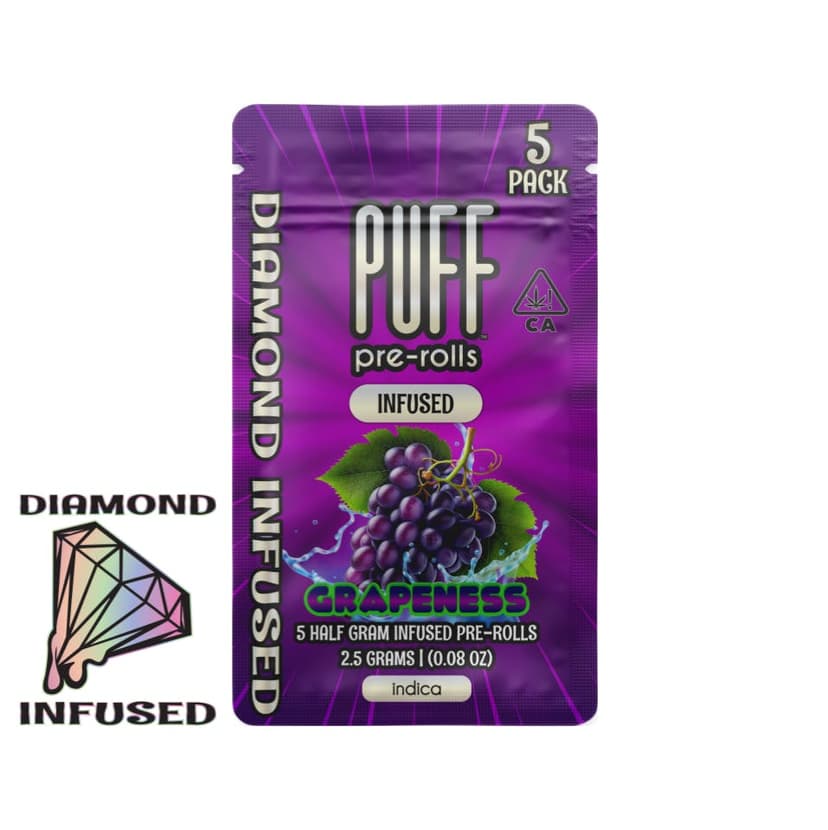
PUFF
Grapeness Diamond Infused 0.5g 5-Pack
Indica
PUFF
Grapeness Diamond Infused 0.5g 5-Pack
Indica
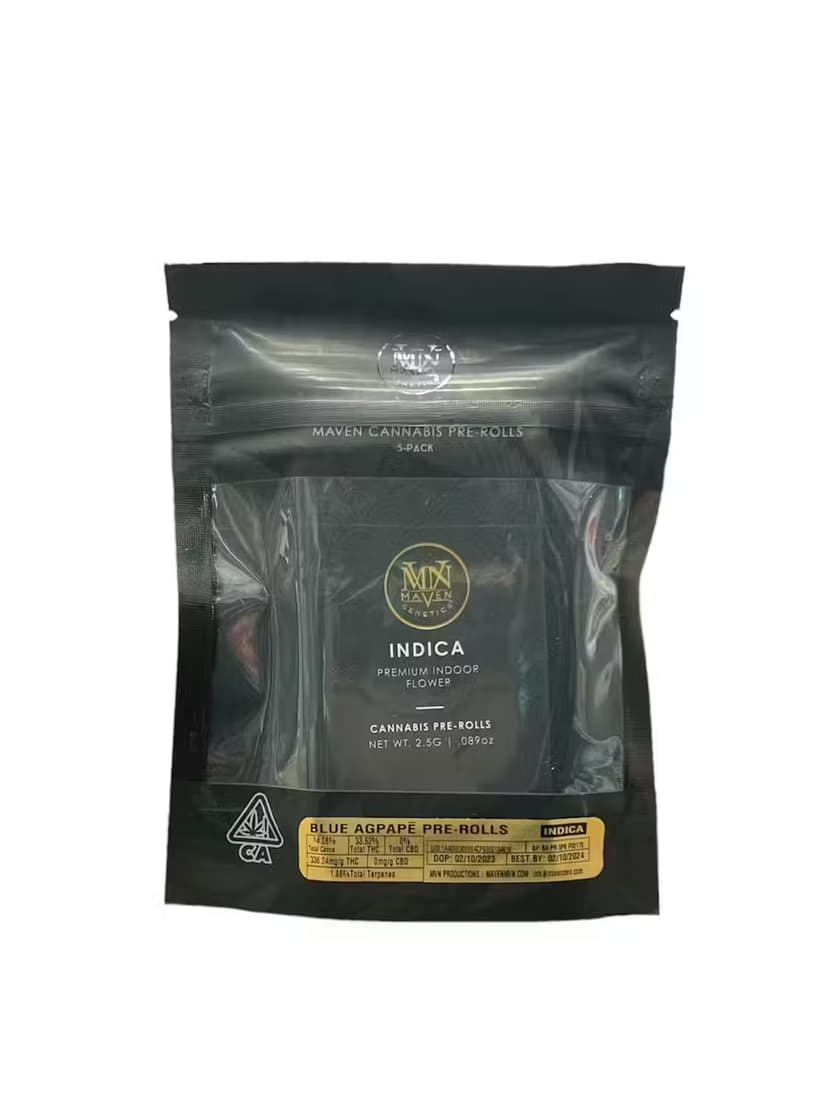
Maven Genetics
Blue Agape 0.5g 5-Pack
Indica
Maven Genetics
Blue Agape 0.5g 5-Pack
Indica
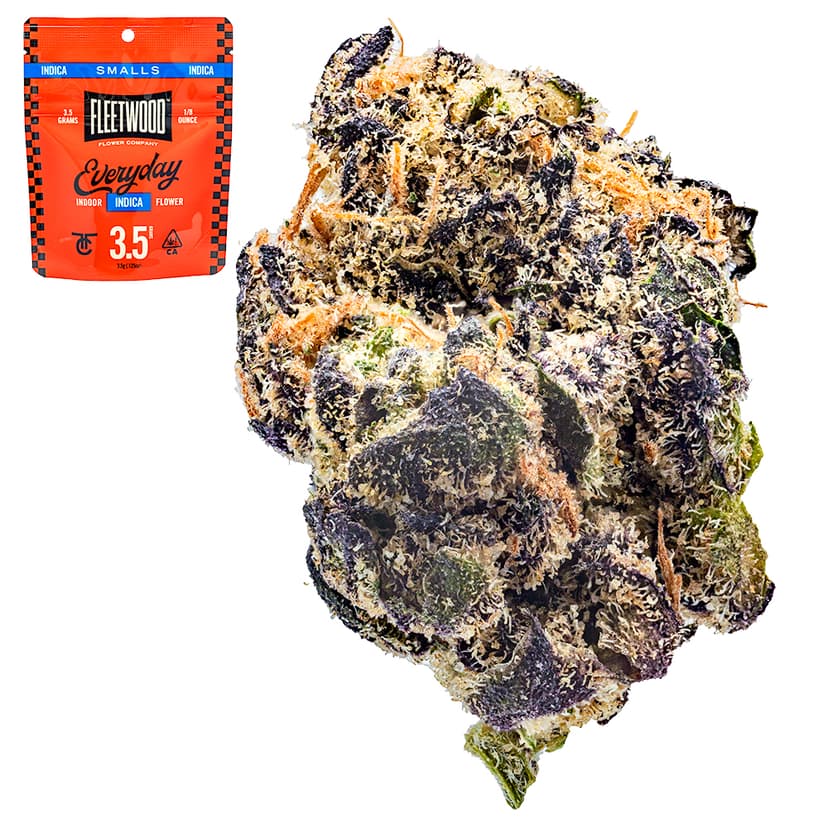
Fleetwood Flower Company
Grape Pie
Indica
Fleetwood Flower Company
Grape Pie
Indica

PUFF
Modified Grapes x Apples and Bananas Bubble Hash Preroll
Indica
PUFF
Modified Grapes x Apples and Bananas Bubble Hash Preroll
Indica
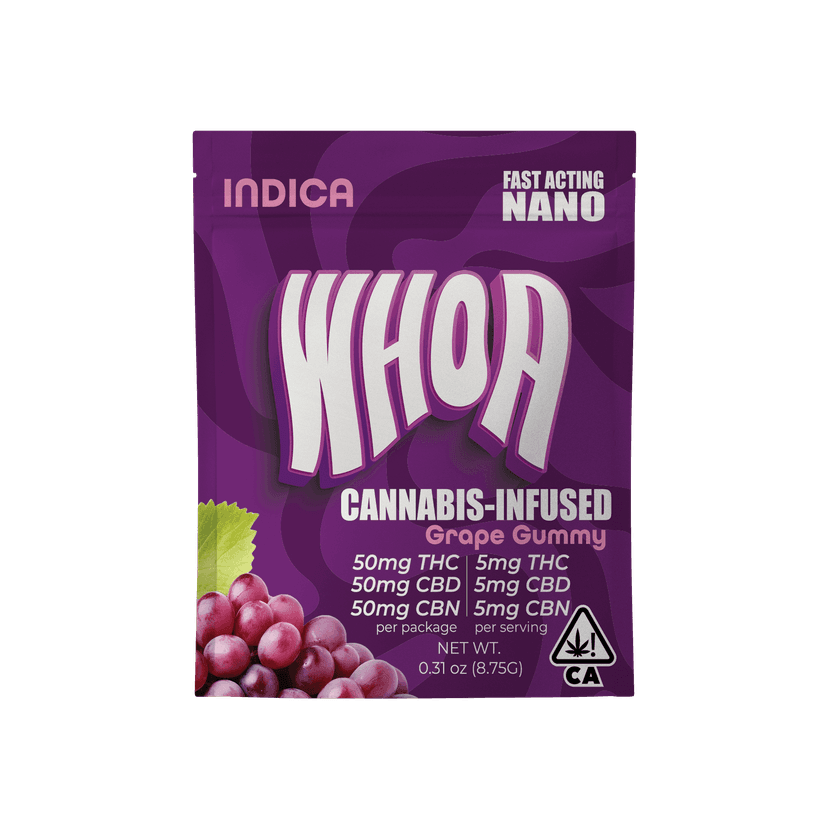
Whoa
Grape Gummy 1:1:1
Indica
Whoa
Grape Gummy 1:1:1
Indica

PlugPlay
Grape Ape Soda Pod
Indica
PlugPlay
Grape Ape Soda Pod
Indica
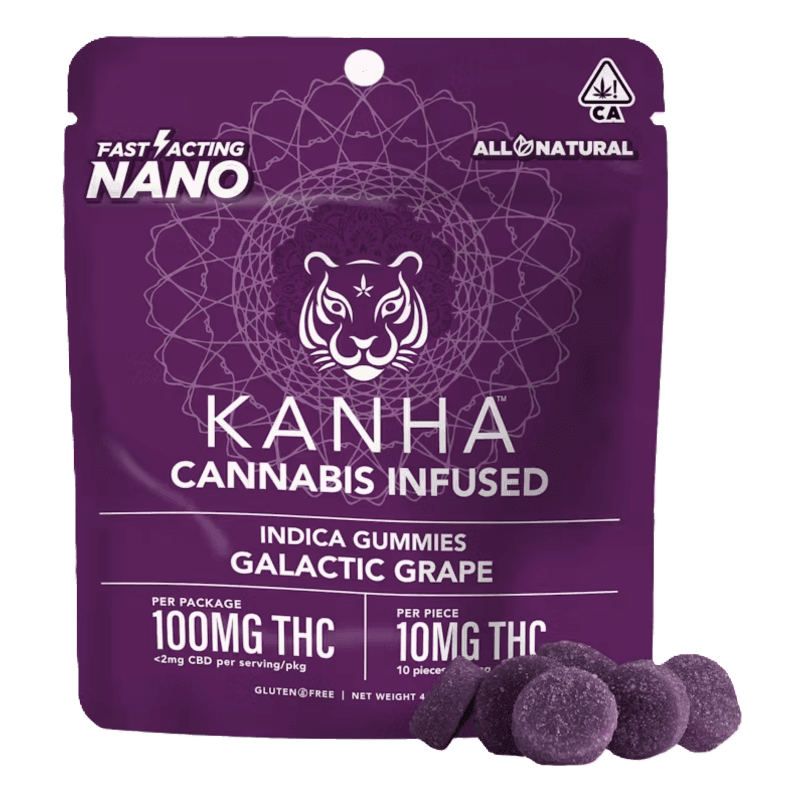
Kanha
Galactic Grape NANO Gummies
Indica
Kanha
Galactic Grape NANO Gummies
Indica
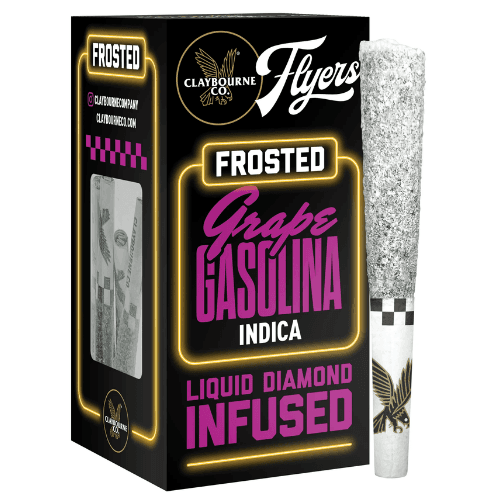
Claybourne Co.
Grape Gasolina 5-Pack
Indica
Claybourne Co.
Grape Gasolina 5-Pack
Indica
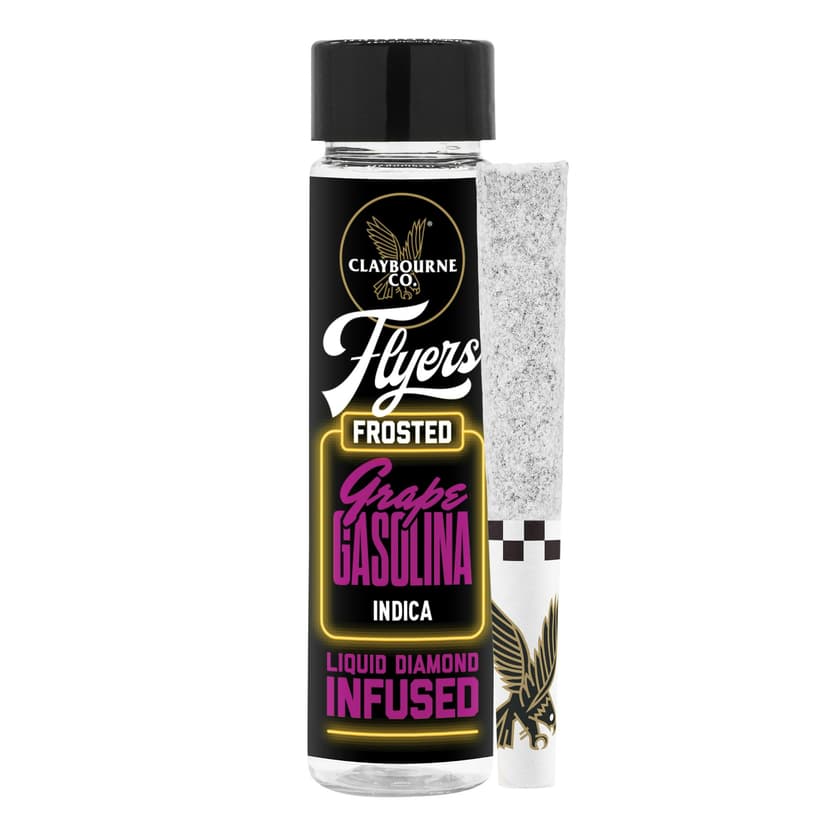
Claybourne Co.
Grape Gasolina 2-Pack
Indica
Claybourne Co.
Grape Gasolina 2-Pack
Indica
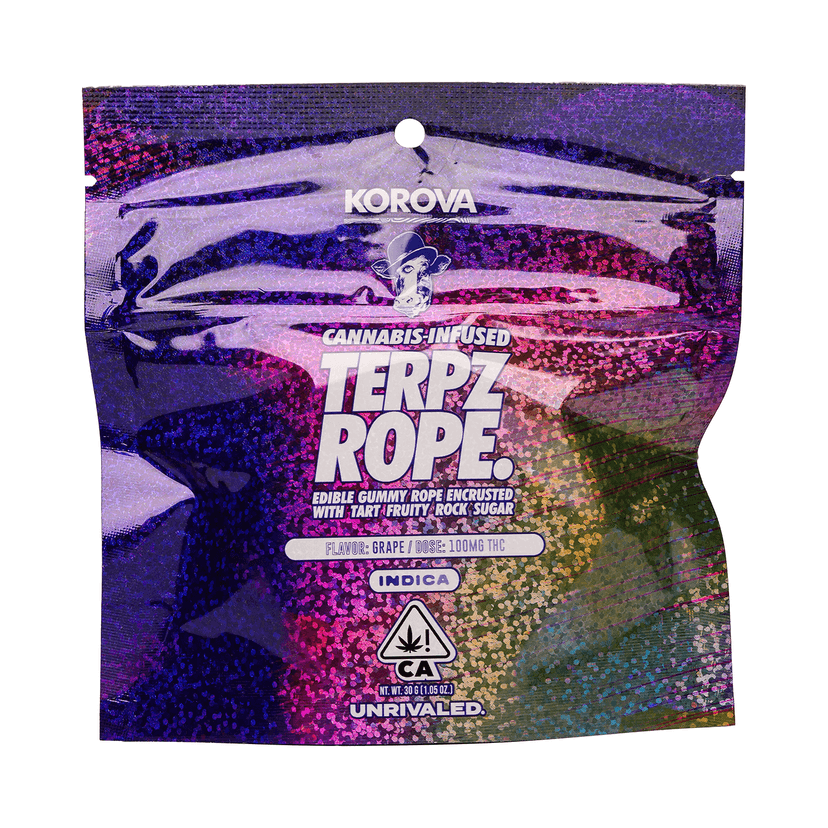
Korova
Grape Terpz Rope
Indica
Korova
Grape Terpz Rope
Indica

Heavy Hitters
Holy Grape Ultra Gummies
Indica
Heavy Hitters
Holy Grape Ultra Gummies
Indica
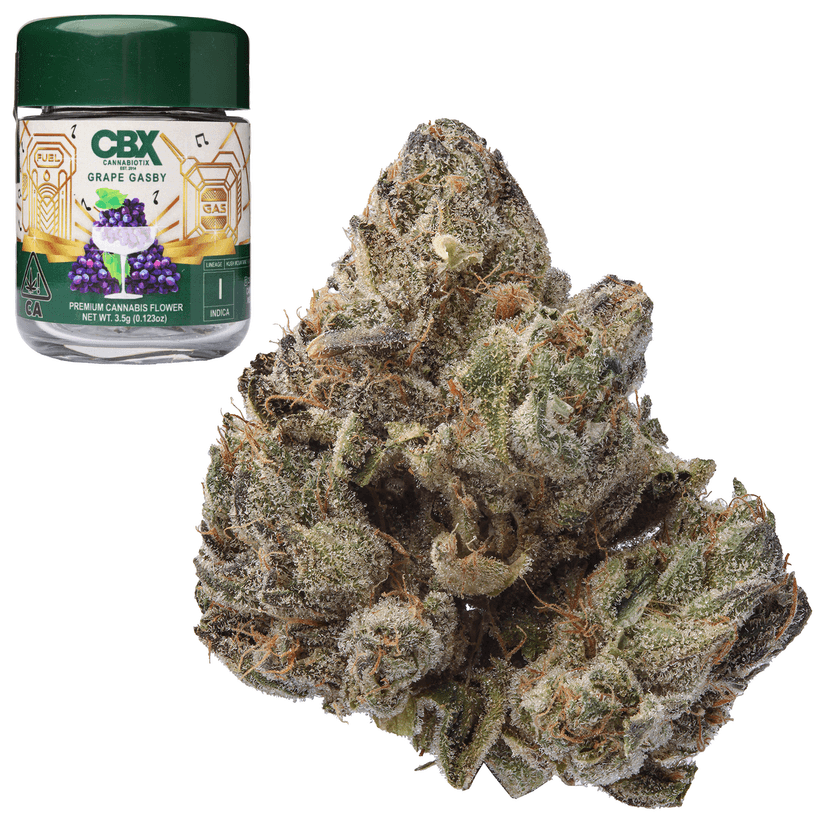
Cannabiotix
Grape Gasby
Indica
Cannabiotix
Grape Gasby
Indica
Get ready because we're diving deep into the Grape Ape strain, the heavyweight champ of the cannabis world. This stunner traces its roots back to the Mendocino Purps, Skunk, and an Afghani Landrace—quite the diverse family tree, don't you think?
Since its creation, Grape Ape has been making waves with its potent, full-bodied effects and that unforgettable, sweet grape aroma.
Now, before we immerse ourselves in the depths of this purple paradise and its deep purple leaves, let's scope out the journey ahead. We'll be chatting about Grape Ape's flavor profile (spoiler alert: it's grapey), the effects you can expect (think a warm, fuzzy blanket for your brain), and even some frequently asked questions about the strain.
Let's get started!
What is the THC Percentage of Grape Ape Strain?
Grape Ape is known for its THC (Tetrahydrocannabinol) content, usually ranging between 18-21%, but certain phenotypes can reach up to 25% THC. This makes it a potent choice, even for experienced cannabis consumers.
Its high THC concentration contributes to Grape Ape's strong and relaxing effects, making it a favorite for unwinding and managing chronic pain.
What is the CBD Percentage of Grape Ape Strain?
The CBD (Cannabidiol) content in the Grape Ape strain is relatively low, usually around 0.6%. But don't let that fool you! This strain is highly regarded for its therapeutic potential, thanks to the overall combination of cannabinoids and terpenes.
However, keep in mind that everyone reacts differently to cannabis strains, including the Grape Ape strain, so what works for one stoner may not work for another stoner.
What Terpenes Are Found in Grape Ape Strain?
The Grape Ape strain is packed with various terpenes that give it a one-of-a-kind aroma, flavor, and effects. The main terpenes you'll find in this strain are:
- Myrcene: This is the most common terpene in the Grape Ape strain — and cannabis in general! It offers a musky and earthy aroma, and is also known for its relaxing effects.
- Pinene: Known for its distinctive pine aroma, Pinene can help to counteract some of the sedative effects of Myrcene.
- Caryophyllene: This terpene adds a hint of spiciness to the Grape Ape's flavor profile and may offer potential anti-inflammatory benefits.
- Limonene: Limonene lends a citrusy note to the strain's aroma and is associated with uplifting and stress-relieving effects.

